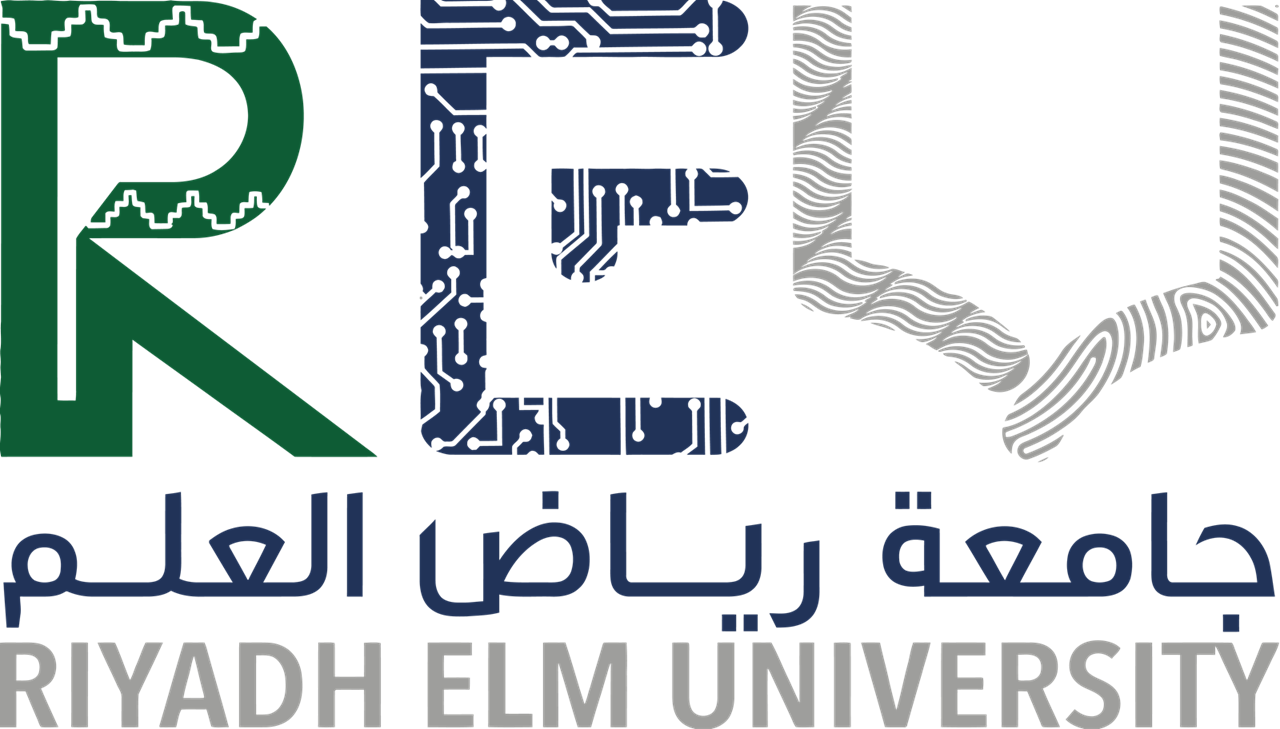حول الجامعة
جامعة رياض العلم هي أول منشأة تعليمية صحية خاصة في المملكة العربية السعودية .بدأت الجامعة في عام 2004م
الرؤية
أن تصبح مؤسسة تعليمية متقدمة محلياً وإقليمياً ودولياً.
الرسالة
التعليم والتدريب الفعال مع المساهمة النشطة في البحث العلمي وخدمة المجتمع.
الاهداف
 إعداد كوادر مؤهلة لتلبية احتياجات سوق العمل.
إعداد كوادر مؤهلة لتلبية احتياجات سوق العمل.  تمكين الشراكة والمسؤولية المجتمعية.
تمكين الشراكة والمسؤولية المجتمعية.  توفير بيئة جامعية متكاملة وتفاعلية وداعمة.
توفير بيئة جامعية متكاملة وتفاعلية وداعمة.  توفير بيئة داعمة للبحث العلمي والإبتكار.
توفير بيئة داعمة للبحث العلمي والإبتكار.  تقديم برامج دراسات عليا تنافسية
تقديم برامج دراسات عليا تنافسية  تشجيع التعلم مدى الحياة من خلال برامج خدمة المجتمع والتعليم المستمر.
تشجيع التعلم مدى الحياة من خلال برامج خدمة المجتمع والتعليم المستمر.

الكليات والبرامج الدراسية
التدريس المخصص والتدريب الممتاز والبحث المتميز وتوفير الرعاية الجيدة للمجتمع
كلية الطب وطب الأسنان
تأسست كلية الطب وطب الأسنان بجامعة رياض العلم (كليات الرياض لطب الأسنان والصيدلة سابقاً) عام 2004م، كأول كلية صحية أهلية في المملكة العربية السعودية.

د.أسامه بن محمد المقيرن
عميد الكليةكلية الصيدلة والتمريض والعلوم الطبية
توفر كلية الصيدلة في جامعة رياض العلم التعليم الصيدلي والمهني وتدعم البحث العلمي السريري والأساسي في هذا المجال.

د.تهاني بنت محمد الرهبيني
عميد الكليةكلية التقنية والأعمال
توفر CTB تعليمًا عالي الجودة لإعداد الطلاب للمهن المهنية والتعلم مدى الحياة...

د. سلطان بن علي الأسمري
عميد الكليةالدراسات العليا
أخذت الجامعة في رسالتها ورؤيتها وأهدافها التعليم بعد التخرج كمساهمة رئيسية في التعليم العالي في المملكة العربية السعودية.
القبول والتسجيل
تعد عمادة القبول والتسجيل أحد الركائز الأساسية في جامعة رياض العلم REU التي تقدم خدمات فعالة وكفؤة لجميع الطلاب عبر بوابة إلكترونية متطورة (eGate).

أخر الاخبار
جامعة رياض العلم تحتفل بيوم التأسيس بحضور شخصيات بارزة
جامعة رياض العلم تحتفل بيوم التأسيس بحضور شخصيات بارزة احتفلت جامعة رياض العلم بيوم التأسيس في أجواء مميزة تجسد الاعتزا
ندوة طب الأسنان الرياضي
أقيمت ندوة علمية بعنوان ” طب الأسنان الرياضي ” في يوم الخميس 7 ديسمبر 2023 بجامعة رياض العلم ، بحضور…
احتفال جامعة رياض العلم بمناسبة يوم التأسيس السعودي
“احتفلت جامعة رياض العلم بيوم التأسيس بحضور رئيس الجامعة سعادة الدكتور محمد بن عبدالله الرافعي والرئيس التنفيذي سعادة ال















